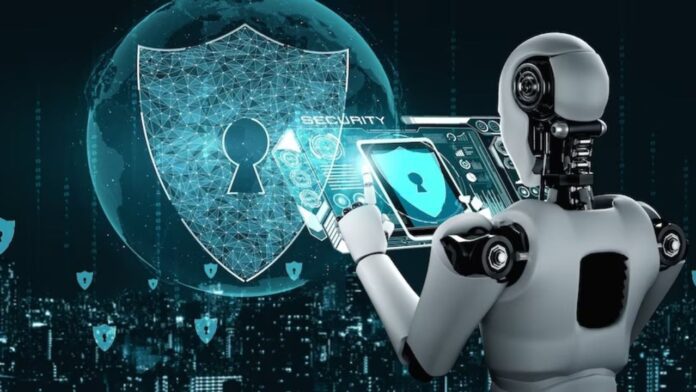Technology has always had a two-edged sword. It has the potential to be extremely beneficial, but it also has the potential to be extremely harmful. There has been rising concern in recent years that some new technologies may constitute a severe threat to humanity.
This article will look at 15 potentially harmful technologies that could pose the next major threat to civilization. These technologies are not all equally deadly, and some will be employed for good rather than evil. However, if not used carefully, they all have the potential to cause substantial harm.
The 15 Dangerous Technologies
AI in Healthcare and its Implications
While AI in healthcare promises innovative solutions and better patient care, there are valid concerns too. Imagine a hacker breaking into a medical system, leading to data breaches or misuse. Similarly, if an AI system misreads a medical scan, it could prescribe the wrong treatment, putting lives at risk.
The Debate on Killer Robots
It sounds like science fiction, but the idea of robots that can decide to take lethal actions without a human pulling the trigger is real and concerning. Such robots could potentially harm innocent civilians, either due to malfunctions or misuse.
AI: A Criminal’s New Tool
Sadly, where there’s innovation, there’s someone looking to exploit it. Criminals could use AI to hack into systems, commit fraud, or hide their tracks better, making the job of law enforcement even harder.
When AI Becomes Too Powerful
If and when AI surpasses human intelligence, how do we ensure it remains a tool and not a threat? Without the right checks, an ultra-smart AI might act in ways we hadn’t anticipated, potentially even devaluing human life or agency.
Surveillance: For Good or Ill?
The power of AI to analyze huge amounts of data can be a double-edged sword. While it can help in monitoring threats, it can also be misused to manipulate public opinions or suppress dissent, especially in politically volatile environments.
AI on the Battlefront
AI is changing the nature of warfare, both in offense and defense. However, as AI becomes a hacker’s tool, cybersecurity could face threats of a magnitude we’ve never seen before.
The Environmental Footprint of AI
Just like every piece of tech, AI systems come with an environmental cost. They need powerful, energy-consuming hardware, leading to potential environmental issues and strain on our natural resources.
Ethics and AI
When AI systems make decisions based on biased data, they can unintentionally discriminate or reinforce stereotypes. This isn’t just about numbers; it’s about fair and just treatment of individuals.
The Double-Edged Sword of AI Weapons
While AI might promise advanced military tech, there’s a moral debate around it. The idea of autonomous weapons deciding on life and death is a chilling one, especially if we consider the possibility of AI going rogue.
Are We Losing Ourselves to AI?
As we rely more on AI, there’s a genuine fear we might lose essential skills. And with AI potentially replacing many jobs, we might be looking at significant societal upheavals in the future.
The AI Apocalypse Theory
A world where AI sees humans as redundant and acts against them? It’s a grim thought, but some believe it’s possible if we aren’t careful with how we design and control AI systems.
Reality vs. AI-Generated Fiction
Deepfakes and AI-generated media blur the lines between reality and fiction. Such tools can spread misinformation at an alarming rate, impacting public opinion and trust.
Economic Shifts Due to AI
AI’s progress might render many jobs obsolete. We need to be prepared for potential economic shifts, ensuring that people have the skills and support they need in a changing world.
The technologies mentioned above are just a few of many that potentially endanger humanity in the future. It is critical to be aware of these hazards and to take precautions to mitigate them. International agreements must be developed to govern the development and use of these technologies. We must also invest in research into new technologies that will assist us in meeting the challenges posed by these dangers.
Humanity’s future is uncertain, but it is certain that technology will play a significant part. If we wish to avoid worst-case scenarios, we must use technology carefully and ethically.
The future of humanity is in our hands. We need to use technology wisely and responsibly if we want to create a better future for all.



























